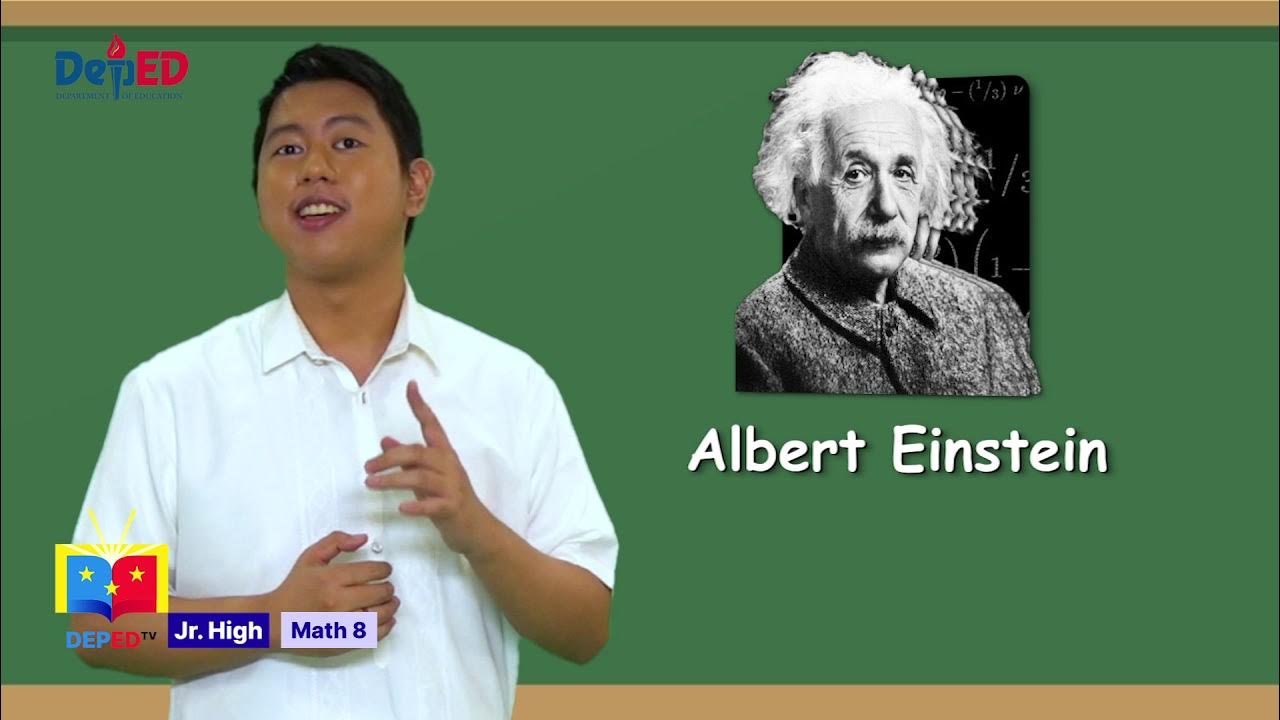SHS Philosophy Q1 Ep1: Introduction to the Philosophy of the Human Person
Summary
TLDRIn this episode of Deaf Ed TV, Teacher Joshua introduces the philosophy of the human person. He explains how philosophy helps us navigate life by asking fundamental questions. The episode covers the origins of philosophy in ancient Greece and India, introduces key philosophers like Thales and Buddha, and explores various branches of philosophy such as metaphysics, epistemology, logic, ethics, political philosophy, and aesthetics. The session ends with a discussion on how philosophy serves as a framework, an examination of knowledge, and a distinct discipline.
Takeaways
- 📚 Philosophy is about asking questions and seeking answers, dealing with the deepest and biggest questions in life.
- 🧭 Philosophy involves identifying a problem, going through a process, and facing the consequences to find solutions.
- 🌍 Philosophy originated in ancient Greece, particularly in the city of Miletus, with Thales being one of the first philosophers.
- 🧠 Philosophy uses human reason to investigate the ultimate causes and principles governing all things.
- 🔍 Philosophy can be seen as a framework, an examination of knowledge, or a distinct discipline.
- 🔬 The cognitive branches of philosophy include logic, epistemology, and metaphysics.
- ⚖️ The normative branches of philosophy include ethics, political philosophy, and aesthetics.
- 🗣️ Logic deals with the nature of thinking and reasoning, using empirical support and objective information.
- 🎨 Aesthetics is concerned with the essence of perception, beauty, and the nature of art.
- 💡 Philosophizing is innate to everyone, and it involves using experiences and the world around us to gain new knowledge and wisdom.
Q & A
What is the meaning of the word 'philosophy'?
-The word 'philosophy' comes from the two Greek words 'philos,' which means love, and 'sophia,' which means wisdom. Hence, philosophy is the love of wisdom.
How can philosophy be practiced in daily life according to the video?
-Philosophy in daily life involves identifying problems or causes, going through a process to find solutions, and facing the consequences. It is about asking questions and seeking answers to understand and navigate through life's challenges.
What does the term 'philosopher' refer to?
-A philosopher is a lover of wisdom who seeks meaning, is open to changes and discoveries, does not stop questioning, and hungers for truth and understanding.
How is philosophy described as a framework?
-Philosophy as a framework is a way of thinking about the world, composed of a person's views and beliefs. It helps make sense of problems and can lead to potential solutions.
What are the three cognitive branches of philosophy?
-The three cognitive branches of philosophy are metaphysics, epistemology, and logic. They provide a description of being and knowing, forming the foundation for understanding any philosophical system.
What is the focus of metaphysics?
-Metaphysics is concerned with the nature of ultimate reality. It goes beyond the physical to explore what exists beyond nature.
What is the role of epistemology in philosophy?
-Epistemology deals with the definition of knowledge and related concepts such as sources and criteria of knowledge. It examines how we know what we know.
What does logic study in philosophy?
-Logic is the branch of philosophy that deals with the nature of thinking and reasoning. It uses empirical support to ensure information is reliable, valid, and objective.
What are the normative branches of philosophy mentioned in the video?
-The normative branches of philosophy are ethics, political philosophy, and aesthetics. These branches are concerned with standards of the good, focusing on what ought to be.
How does ethics function within philosophy?
-Ethics, derived from the Greek word 'ethos' meaning character, is the science of correct doing. It studies what is right and wrong in human behavior, guiding individuals in the pursuit of a good and beautiful life.
Outlines

This section is available to paid users only. Please upgrade to access this part.
Upgrade NowMindmap

This section is available to paid users only. Please upgrade to access this part.
Upgrade NowKeywords

This section is available to paid users only. Please upgrade to access this part.
Upgrade NowHighlights

This section is available to paid users only. Please upgrade to access this part.
Upgrade NowTranscripts

This section is available to paid users only. Please upgrade to access this part.
Upgrade NowBrowse More Related Video

SHS Philosoply Q1 Ep3: Philosophical Reflection

Grade 8 Math Q1 Ep 6 Simplifying Rational Algebraic Expressions

SHS General Mathematics Q1 Ep2: Rational Functions

Grade 8 English Q1 Ep 8 Types of Transition Signals

SHS Oral Communication Q1 Ep4: Strategies to Avoid Communication Breakdown

Grade 8 Science Q1 Ep6: Potential Energy and Kinetic Energy
5.0 / 5 (0 votes)